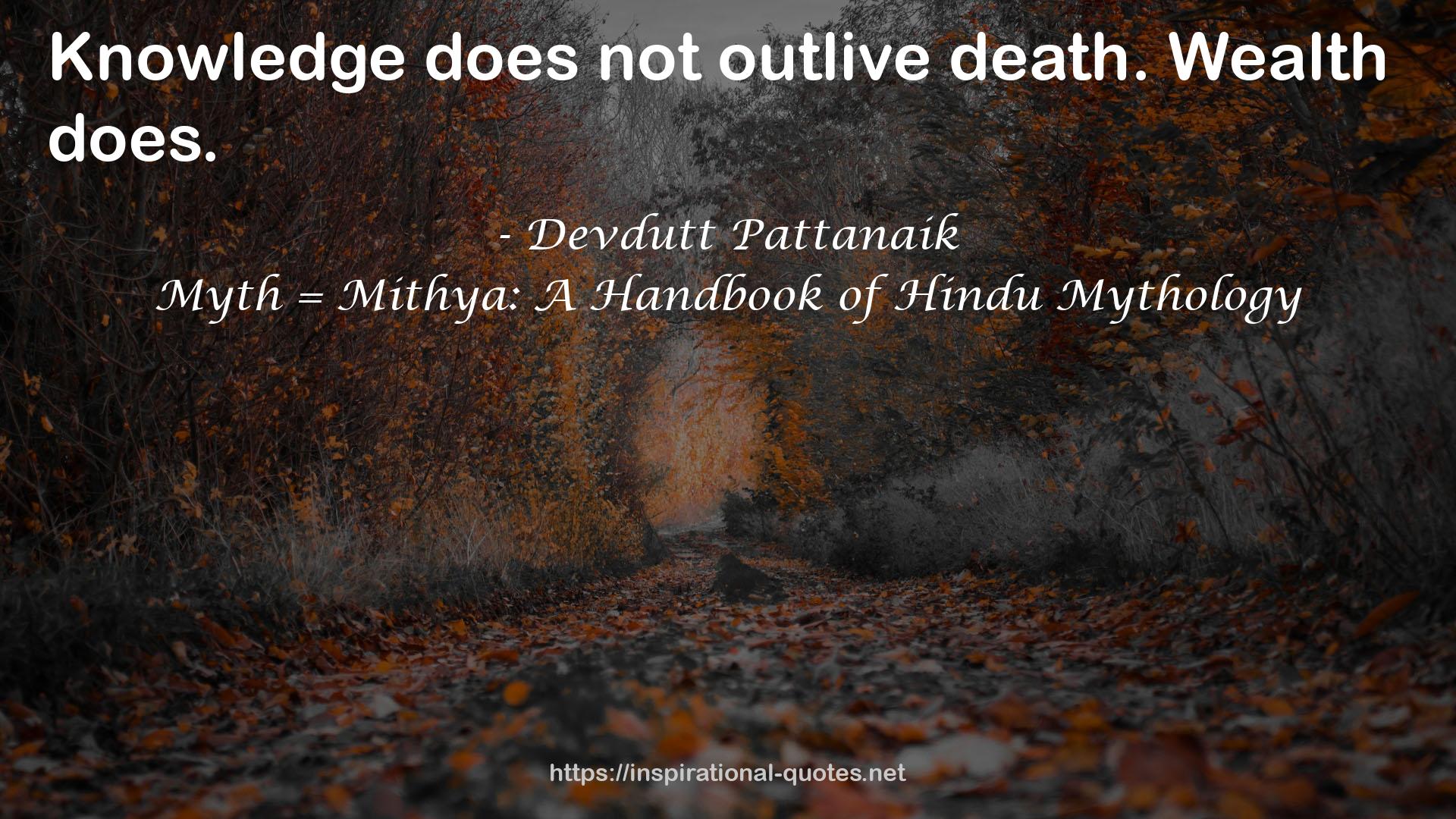84
" Rules vary with context. In the Ramayana, which takes place in Treta yuga, Vishnu is Ram, eldest son of a royal family. In the Mahabharata, which takes place in Dvapara yuga, Vishnu is Krishna, youngest son of a noble family, who is raised by cowherds but who performs as a charioteer. They are expected to behave differently. Ram is obligated to follow the rules of the family, clan and kingdom, and uphold family honour. Krishna is under no such obligation. This is why Krishna tells Arjuna to focus on dharma in his context (sva-dharma) rather than dharma in another’s context (para-dharma). Arjuna, better to do what you have been asked to do imperfectly than try to do perfectly what others have been asked to. All work has inadequacies; even fire is enveloped by smoke.—Bhagavad Gita: Chapter 18, verses 47 and 48 (paraphrased). In the Ramayana Ram upholds rules, while Ravana breaks them. In the Mahabharata Duryodhana upholds rules, while Krishna breaks them. As eldest sons of their respective clans, Ram and Duryodhana are obliged to uphold rules. Ravana, son of a Brahmin, and Krishna, raised by cowherds, are under no such obligations. Dharma, however, is upheld only by Ram and Krishna, not Ravana and Duryodhana. Ram is constantly concerned about his city Ayodhya’s welfare, while Ravana does not care if his Lanka burns. Krishna cares for the Pandavas, who happen to be the children of his aunt, but the Kauravas do not care for the Pandavas, who happen to be the children of their uncle. Dharma thus has nothing to with rules or obligations. It has to do with intent and caring for the other, be it your kingdom or your family. "
― Devdutt Pattanaik , My Gita

95
" But Krishna is an unusual God. He challenges all conventional notions of divinity and appropriate social conduct. His name literally translates as ‘black’, challenging the traditional Indian discomfort with the dark complexion. He is visualised as either cowherd or charioteer, never as priest or king, a deliberate association with the lower strata of society. His mother is not his real mother, his beloved is not his wife, and the women he rescues are neither his subjects nor members of his family. His lovemaking is not really lovemaking; his war is not really war. There is always more than meets the eye. And so, only Krishna, of all the avatars, sports a smile, a mischievous, meaningful smile. There is always more than meets the eye, when Krishna is around. "
― Devdutt Pattanaik , Krishna's Secret